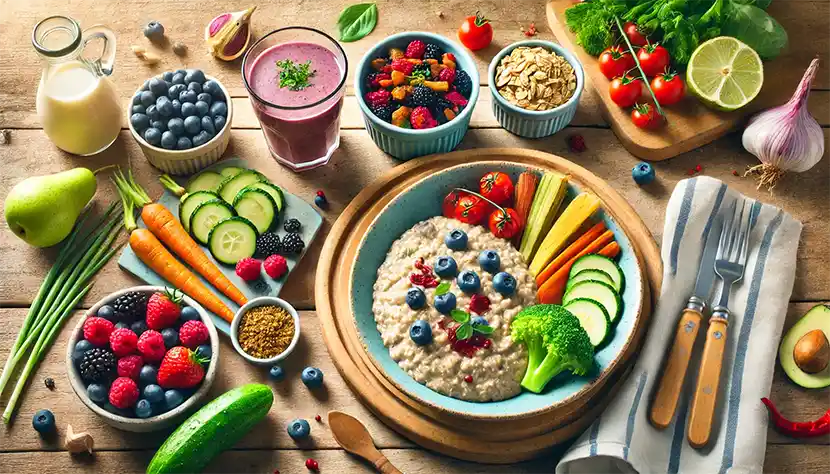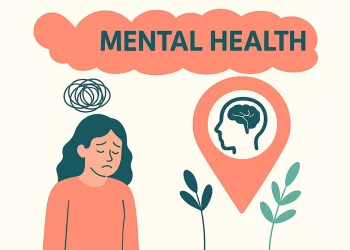Irritable Bowel Syndrome (IBS) is a common disorder that affects the large intestine. It can cause a variety of symptoms, including abdominal pain, cramping, bloating, gas, diarrhea, and constipation. While there is no cure for IBS, there are a number of things you can do to manage your symptoms, including following a healthy diet.
Diet Chart for Irritable Bowel Syndrome Patients
Here is a sample IBS diet chart that you can use as a guide:
Breakfast:
- Oatmeal with berries and nuts
- Greek yogurt with fruit and granola
- Scrambled eggs with whole-wheat toast
- Smoothie with fruit, vegetables, and protein powder
Lunch:
- Salad with grilled chicken or fish
- Soup and a sandwich
- Leftovers from dinner
- Quinoa bowl with vegetables and beans
Dinner:
- Salmon with roasted vegetables
- Chicken stir-fry with brown rice
- Lentil soup with whole-wheat bread
- Turkey chili with cornbread
Snacks:
- Fruits and vegetables
- Nuts and seeds
- Yogurt
- Hard-boiled eggs
Foods to Include in your IBS Diet
- Low-FODMAP foods: FODMAPs are types of carbohydrates that can be difficult to digest. Eating a low-FODMAP diet can help to reduce IBS symptoms. Some low-FODMAP foods include bananas, blueberries, carrots, cucumbers, eggplant, grapes, kiwi, lettuce, oats, potatoes, rice, spinach, and tomatoes.
- Fiber-rich foods: Fiber can help to regulate bowel movements and prevent constipation. Good sources of fiber include fruits, vegetables, whole grains, and legumes.
- Probiotics: Probiotics are live bacteria that can help to improve gut health. They are found in foods such as yogurt, kefir, and sauerkraut.
Foods to Avoid in your IBS Diet
- High-FODMAP foods: Some high-FODMAP foods include apples, pears, onions, garlic, wheat, dairy products, and beans.
- Fatty foods: Fatty foods can be difficult to digest and can worsen IBS symptoms.
- Caffeine: Caffeine can stimulate the bowels and can lead to diarrhea.
- Alcohol: Alcohol can irritate the gut and can worsen IBS symptoms.
- Spicy foods: Spicy foods can irritate the gut and can worsen IBS symptoms.
Tips for Following an IBS Diet
- Eat small, frequent meals: Eating small meals throughout the day can help to prevent bloating and gas.
- Drink plenty of fluids: Staying hydrated is important for overall health and can help to prevent constipation.
- Keep a food journal: Tracking what you eat and how you feel can help you to identify trigger foods.
- Talk to your doctor or a registered dietitian: They can help you to create a personalized IBS diet plan that meets your needs.
Disclaimer:
This article is for informational purposes only and is not a substitute for professional medical advice, diagnosis, or treatment. The dietary recommendations provided are general guidelines and may not be suitable for everyone. Please consult a qualified healthcare professional or a registered dietitian before making any dietary or lifestyle changes, especially if you have any medical conditions. Well Health Organic does not claim to cure, prevent, or treat any disease through diet. We are not responsible for any health outcomes resulting from the application of the information provided in this article.














